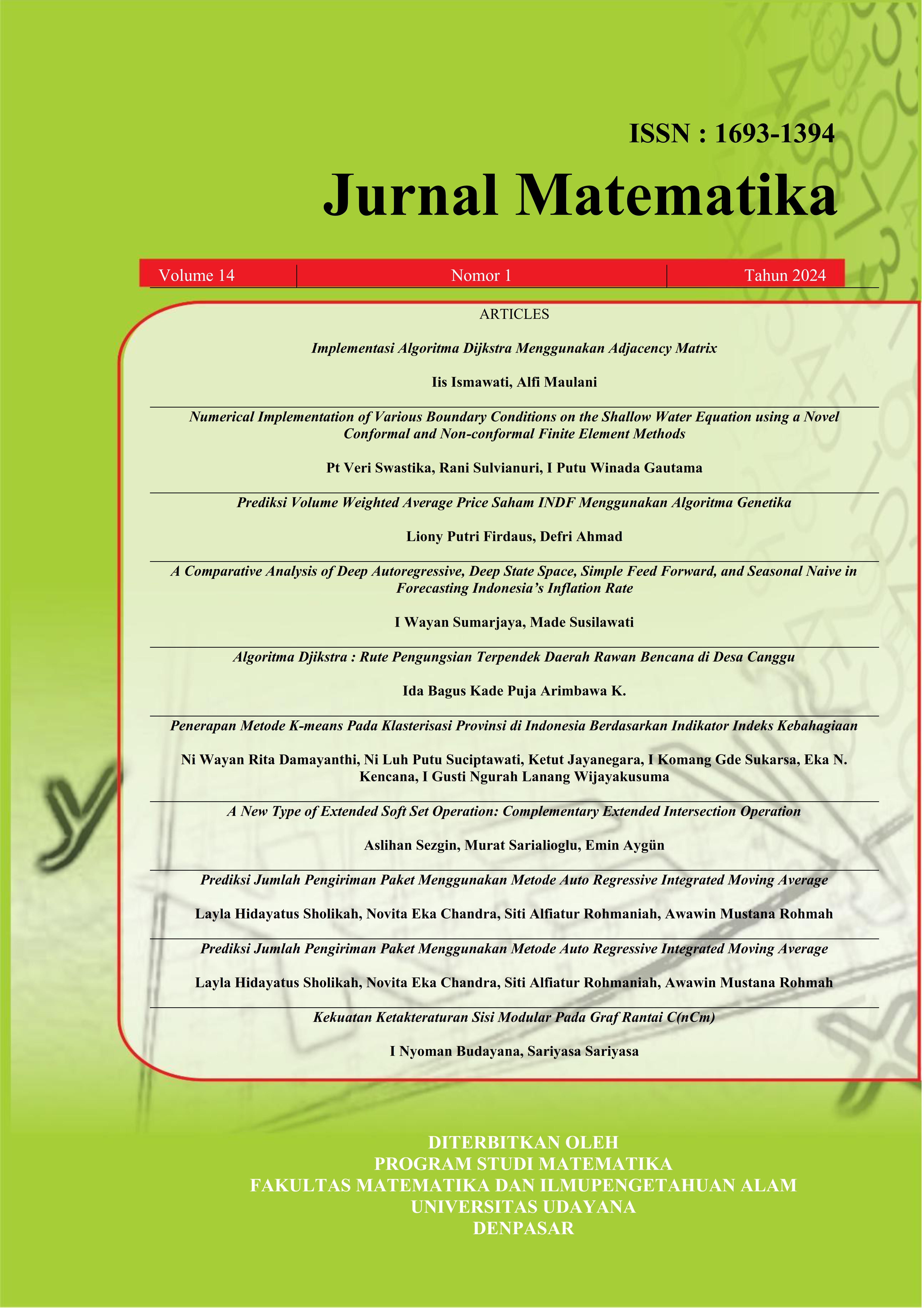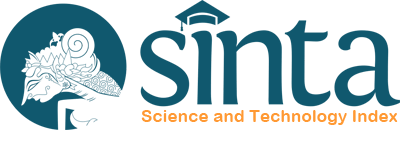A Comparative Analysis of Deep Autoregressive, Deep State Space, Simple Feed Forward, and Seasonal Naive in Forecasting Indonesia’s Inflation Rate
Abstract
Information about inflation plays important role in economic policy. The government of the Republic Indonesia has put a great deal of effort to control inflation rate. The aims of this research are to forecast Indonesia’s inflation rate using deep auto-regressive networks and to compare it with other models such as deep state space, simple feed forward, and naïve seasonal. In this study we compare eighteen deep au-toregressive networks. Each model differs only in its hyperparameters settings such as the number of epochs, the number of layers, the number of cells, and the number of batch sizes. In order to check for consistency each model is replicated ten times. In total there are 180 runs for each of configuration including the replication. The results show that the deep autoregressive model with 50 epochs, 4 layers, 40 cells, 32 batch sizes produces the smallest root mean squared error at 0.218565. This root mean squared error also the smallest among the other models such as deep state space (0.28734), simple feed forward (0.350449), and naïve seasonal (0.336056). In conclusion, the median forecasts fluctuates but below 1 percent.
Downloads

Jurnal Matematika (JMAT) is licensed under a Creative Commons Attribution License (CC BY-NC 4.0)

















